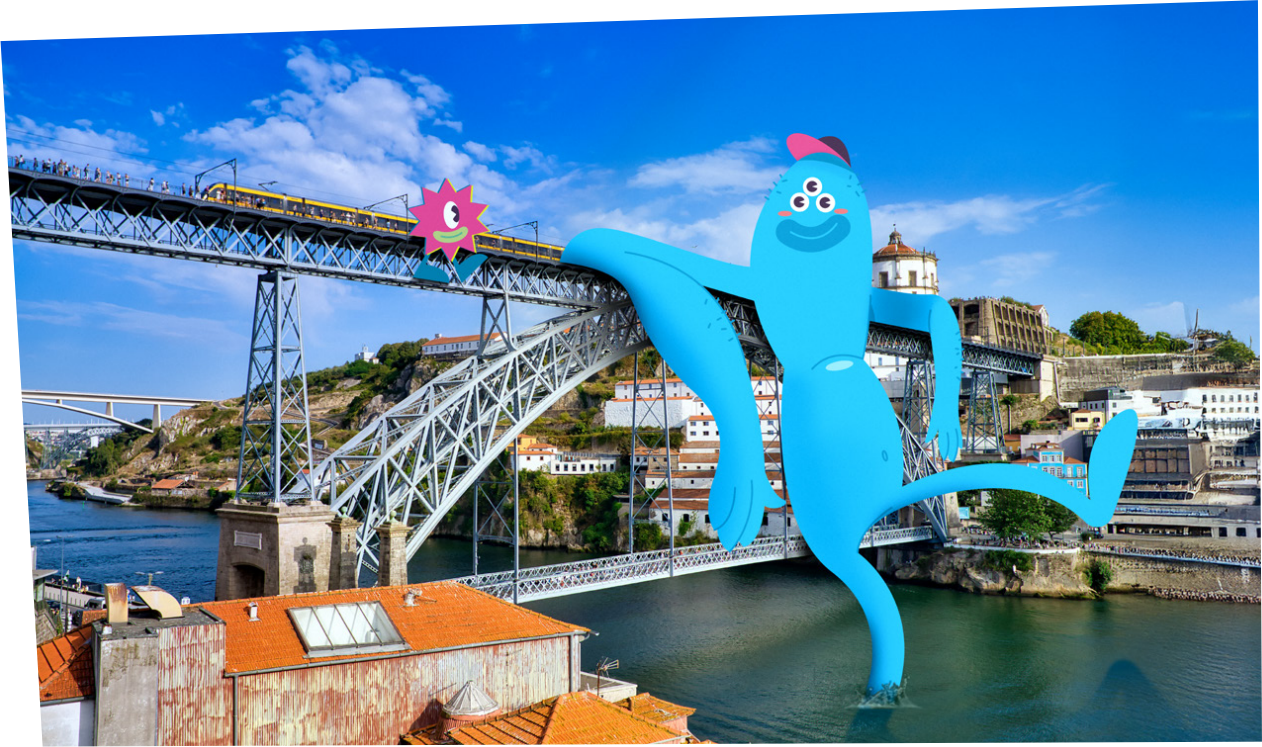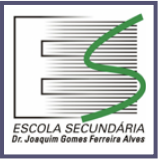Portugal
The school in which the pilot will be implemented is located in the parish of Gulpilhares and Valadares, in the Municipality of Vila Nova de Gaia (VNG). VNG is on the south side of the Douro River, next to Portugal’s second largest city, Porto. In 2023, more than 300 thousand people lived in VNG. Despite its ageing population (22.7% of its population was over 65 years old), it has attracted residents from neighboring municipalities in the Metropolitan Area of Porto, with the parish Gulpilhares and Valadares increasing its population by 1.4%, between 2011 and 2021. People living in VNG are generally well-educated (in 2021, 26% of working residents had completed higher education and 32.2% upper secondary education) and have seen their income increase and unemployment rates decrease over the last five years.


About the organization

For more information about this school
visit https://www.esdjgfa.org/

Pilots
Phase 1
Phase 2
An inclusive decision-making assembly (application of a mini-publics format) aimed at transformative change in school governance that accounts for intersectionality. Implementation will last 10 months (September of 2025 to June of 2026), and the contents of the intervention will use the toolkits developed as a result of the project’s research phase. The aim is to reach out to and empower youth, especially those with experiences of marginalisation, to regain sense of efficacy and influence in contexts of decision-making (thus promoting the perception of democratic practices as safe spaces and raising the likelihood for engagement in deliberative processes), but also to foster critical consciousness and advocacy among non-marginalised youth. Within schools, the implementation will mainly focus on power relations between students and with adults (teachers, school administrators, staff)
Don’t miss anything!
Upcoming activities or events

Contact
information
Isabel Menezes
(PI, University of Porto): imenezes@fpce.up.pt
Sofia Marques da Silva
(Co-PI, University of Porto): sofiamsilva@fpce.up.pt
Filipe Piedade
(Investigador, University of Porto): fpiedade@fpce.up.pt
Meque Samboco
(Investigator, University of Porto): msamboco@fpce.up.pt





